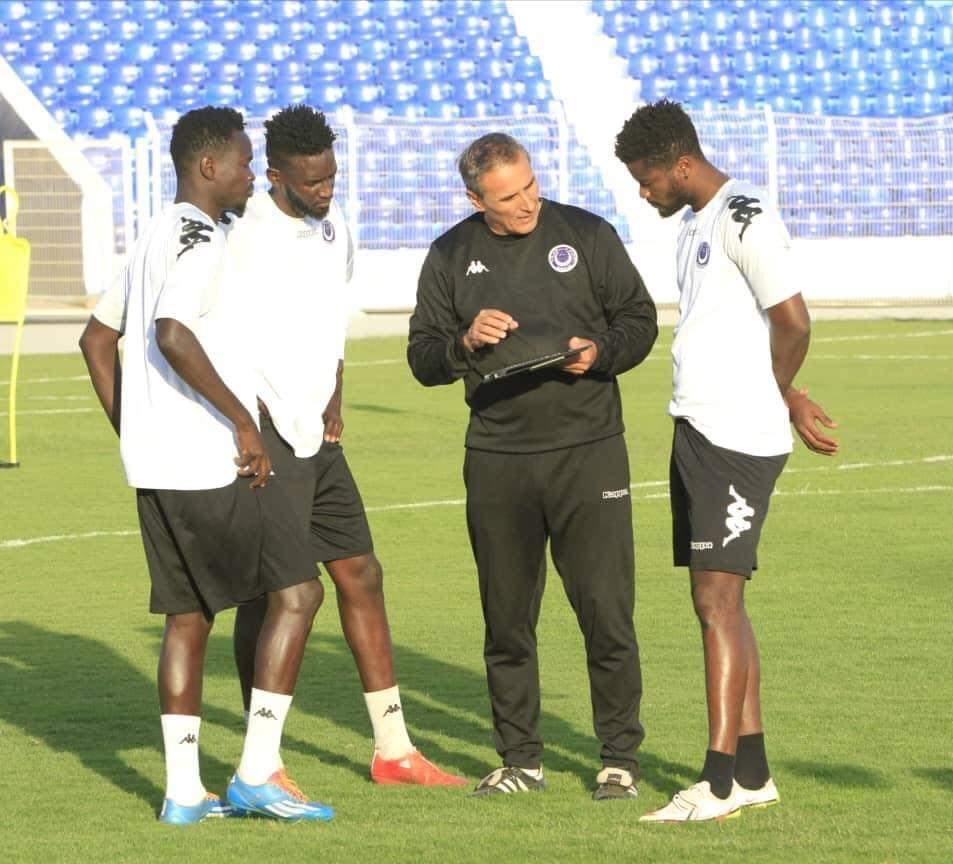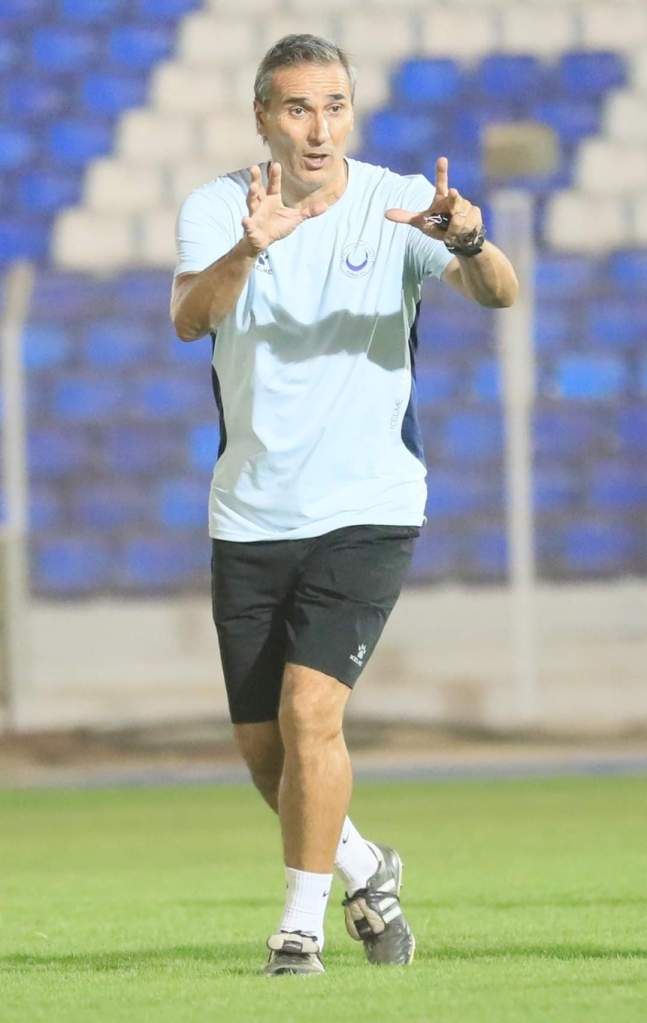
O Modelo de jogo tem uma relevância muito grande… é uma espécie de antecipação do que pretendemos com princípios e tendências do que queremos que surjam nos diferentes momentos do jogo. O modelo pode ajudar a essa construção, mas não determina o processo. Muitas vezes aprendemos que os jogadores mudam o modelo, e o vão reconstruindo…(Julio Garganta)
The Game Model is very important… it’s a kind of anticipation of what we want with principles and trends of what we want to appear in the different moments of the game. The model can help this construction, but it does not determine the process. We often learn that players change the model, and rebuild it…
O mais importante quando falamos de Modelo de jogo, é o estabelecimento de um referencial coletivo. É através desse referencial coletivo, que vamos modelar a interação através dos nossos princípios e sub princípios. Entre a ideia e o modelo, há um longo caminho a percorrer. Treinar é modelar, o que, a nível tático, está intimamente ligado à tomada de decisão. Antes da execução (tomada de decisão) ter lugar, todo o processo inicia-se numa “paisagem mental”, que se quer “igual” (semelhante) na cabeça dos jogadores, sendo esse o grande desafio a nível coletivo de um treinador.
The most important thing when we talk about the Game Model is the establishment of a collective reference. Its through this collective reference, will model the interaction through ours principles and sub-principles. Between the idea and the model, there is a long way to go. Training is modeling, which, at a tactical level, is closely linked to decision-making. Before the execution (decision making) takes place, the whole process begins in a “mental landscape”, which is intended to be “equal” (similar) in the players’ heads, which is the great challenge at the collective level of coach.
SOMOS MODELADORES TÁTICOS
WE ARE TACTICAL MODELERS
Acredito que o tático é o fator decisivo, dado que é a supradimensão tática que balizará as decisões que os jogadores tomarão em campo. Contudo, estas decisões não são (ou não deverão ser), a nível probabilístico, acredito que os jogadores devem resolver os problemas que o jogo lhes coloca dentro de uma determinada forma de intervenção, porque existem várias formas de resolver os problemas e nós queremos que eles sejam resolvidos com uma determinada lógica, fruto dos nossos princípios de jogo. Em relação ao treino, nós criamos princípios, não regras. Os princípios são abertos e dão espaço à criatividade e à tomada de decisão. As regras são fechadas como um ponto final. Pois com isso influenciamos a equipa a ser mais criativa e a usar a inteligência”.
I believe that the tactical is the decisive factor, given that it is the tactical superdimension that will guide the decisions that players will make on the field. However, these decisions are not (or should not be), at a probabilistic level, I believe that players must solve the problems that the game poses to them within a certain form of intervention, because there are several ways to solve the problems and we want they are resolved with a certain logic, the result of our game principles. Regarding training, we create principles, not rules. The principles are open and give space to creativity and decision making. Rules are closed as a full stop. Because with that we influence the team to be more creative and to use intelligence”.

Acredito que os treinadores devem criar exercícios (contextos) com propensões que façam emergir certos tipos de (inter)ações, nas quais os jogadores tenham de descobrir por si próprios as melhores formas de se ajustar (descoberta guiada). Trata-se de uma liberdade sobredeterminada pelos macroprincípios da nossa ideia de jogo, deverão ser os jogadores os responsáveis por recriar esta filosofia ao pormenor. Por isso, o nosso treino deve respeitar sempre os grandes princípios da equipa, mas permitir condições para os jogadores a recriarem ao pormenor na dimensão micro. A inteligência tem de serna única condicional condição a treinar …(Frade) Por tomadas de decisão, deve entender-se, as opções que cada jogador toma a cada momento (com ou sem bola). Para onde deslocar? A que velocidade o fazer? Que espaço ocupar? Para onde desmarcar? Quando soltar a bola? e para onde? Quando progredir com a bola? Cada situação de jogo tem uma forma mais eficiente de ser resolvida. Tal não significa que optando pelo pior caminho, se estará sempre condenado ao insucesso. Tão pouco que, optando bem, se será sempre bem sucedido. Significa somente que, optando bem, está-se sempre mais próximo de ser bem sucedido.
I believe that coaches should create exercises (contexts) with propensities that bring out certain types of (inter)actions, in which players have to discover for themselves the best ways to adjust (guided discovery). It is a freedom that is overdetermined by the macro-principles of our idea of the game, players should be responsible for recreating this philosophy in detail. Therefore, our training must always respect the great principles of the team, but allow conditions for players to recreate them in detail in the micro dimension. Intelligence has to be the only conditional condition to be trained…(Frade) By decision making, it must be understood, the options that each player takes at each moment (with or without the ball). Where to move? At what speed to do it? What space to occupy? Where to uncheck? When to release the ball? and where? When to make progress with the ball? Each game situation has a more efficient way to be resolved. This does not mean that by choosing the worst path, one will always be doomed to failure. So little that, by choosing well, one will always be successful. It just means that, by choosing well, you are always closer to being successful.
